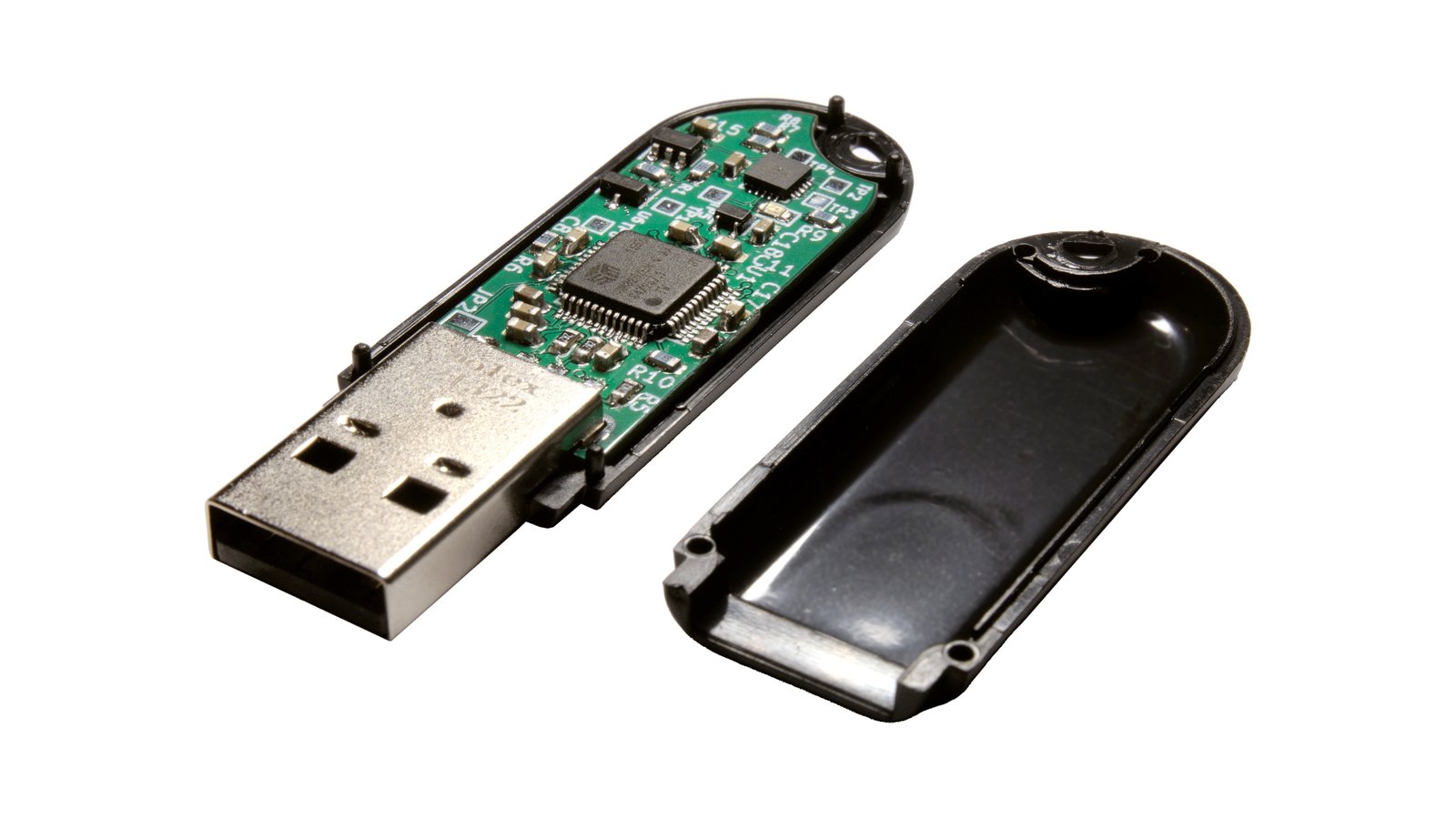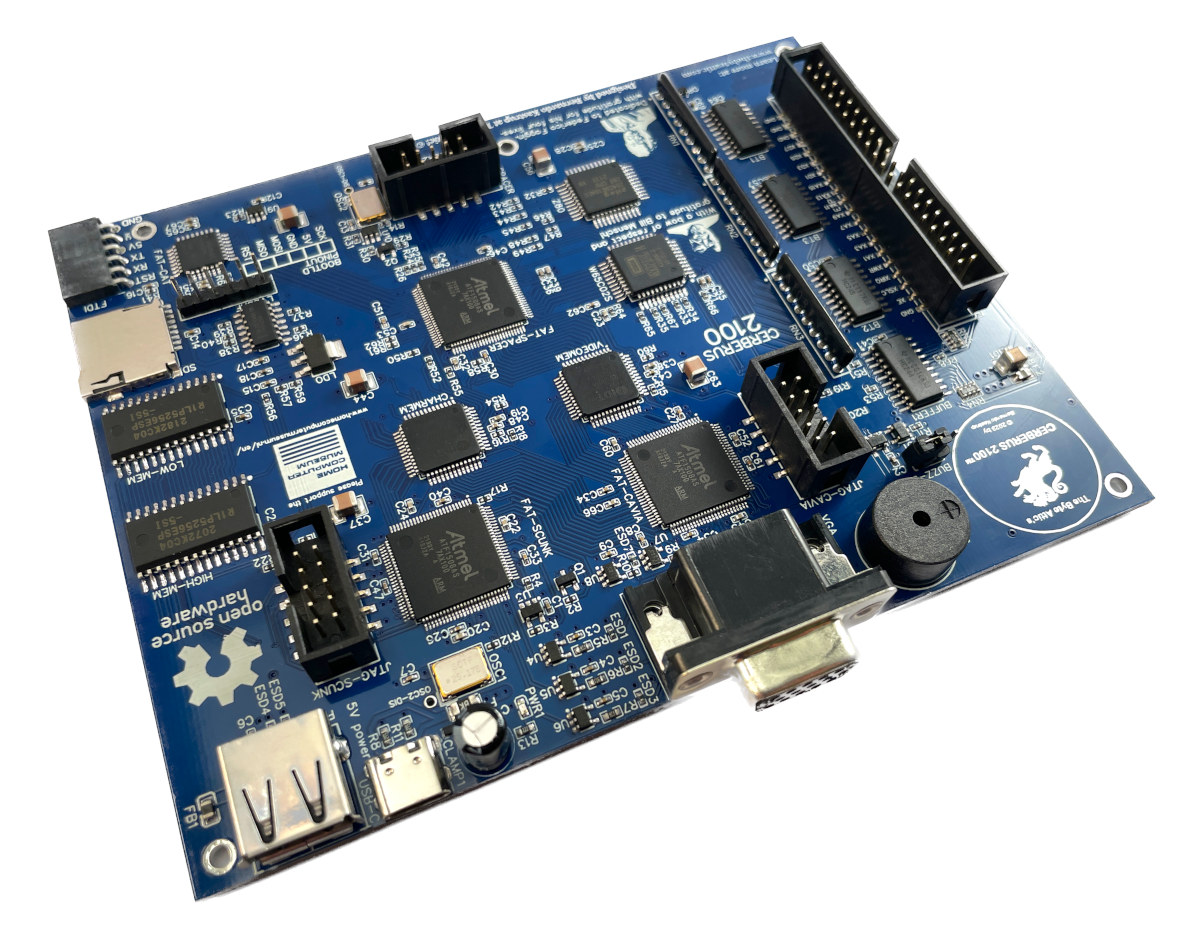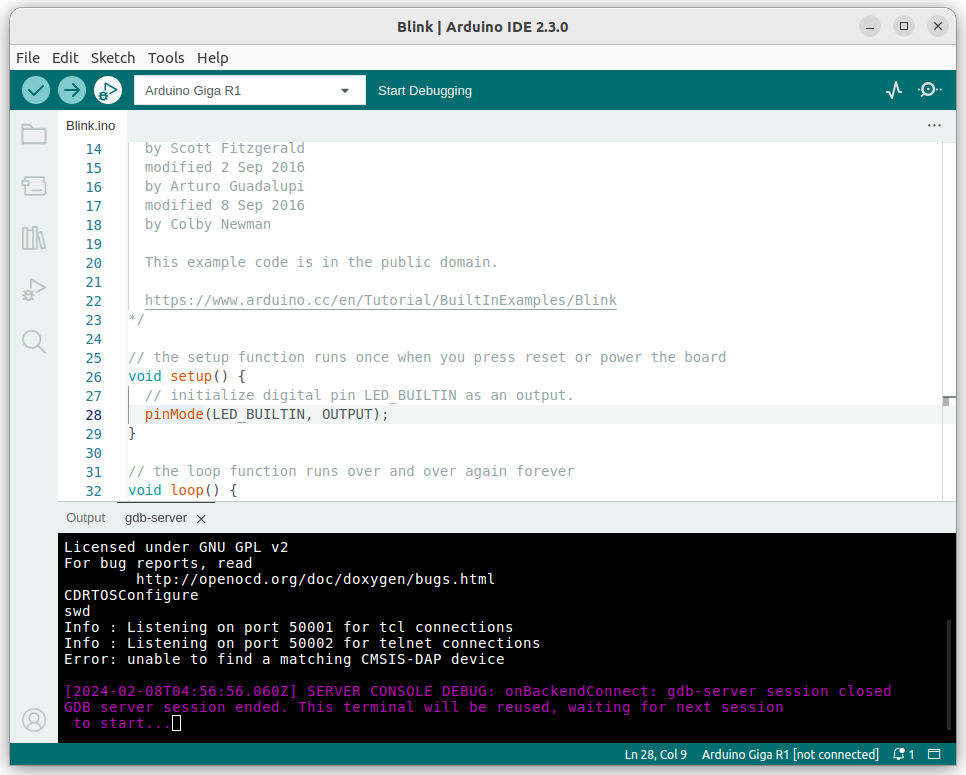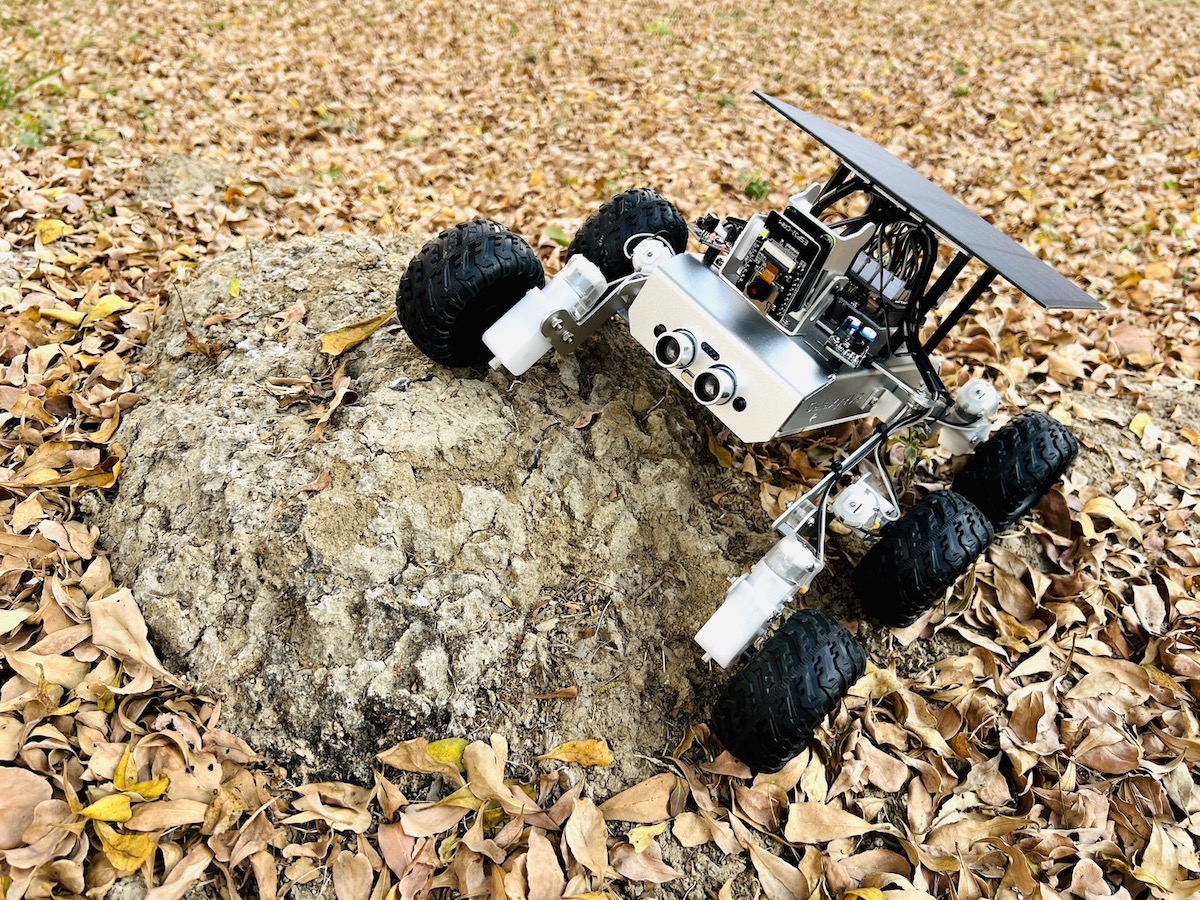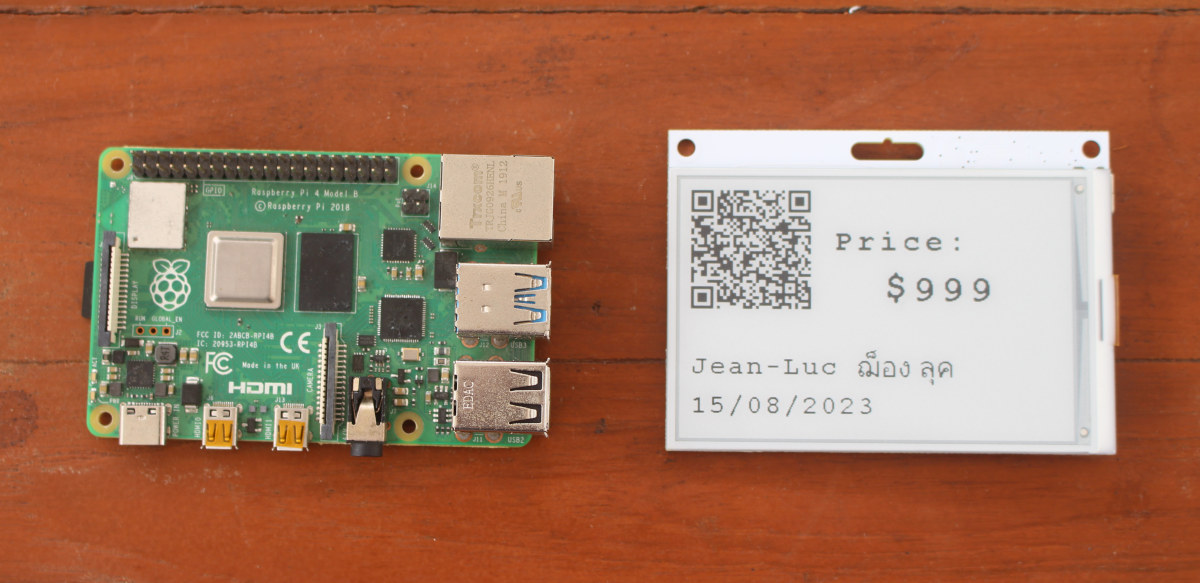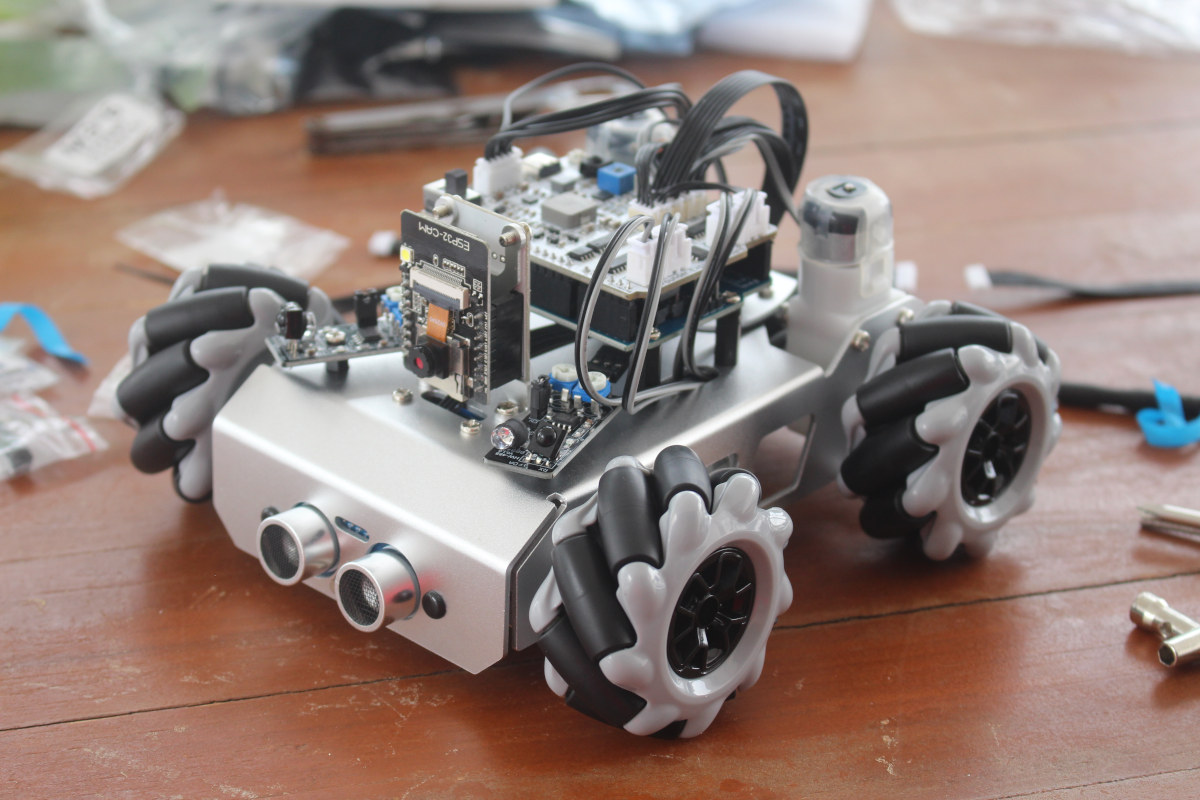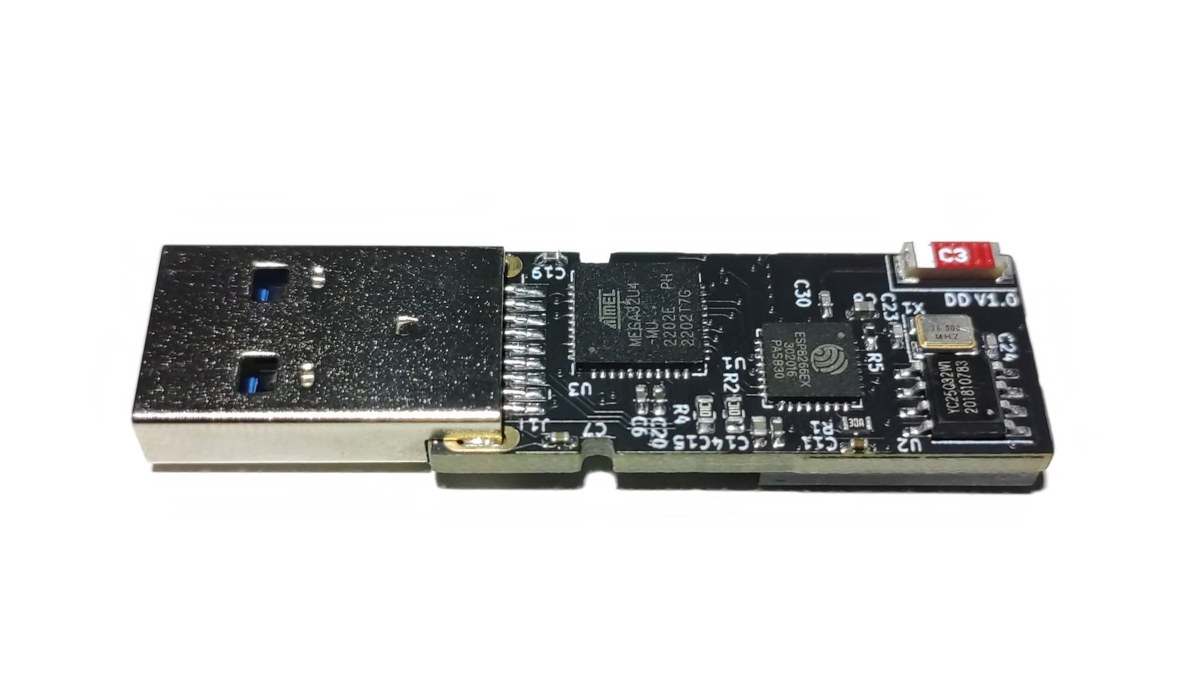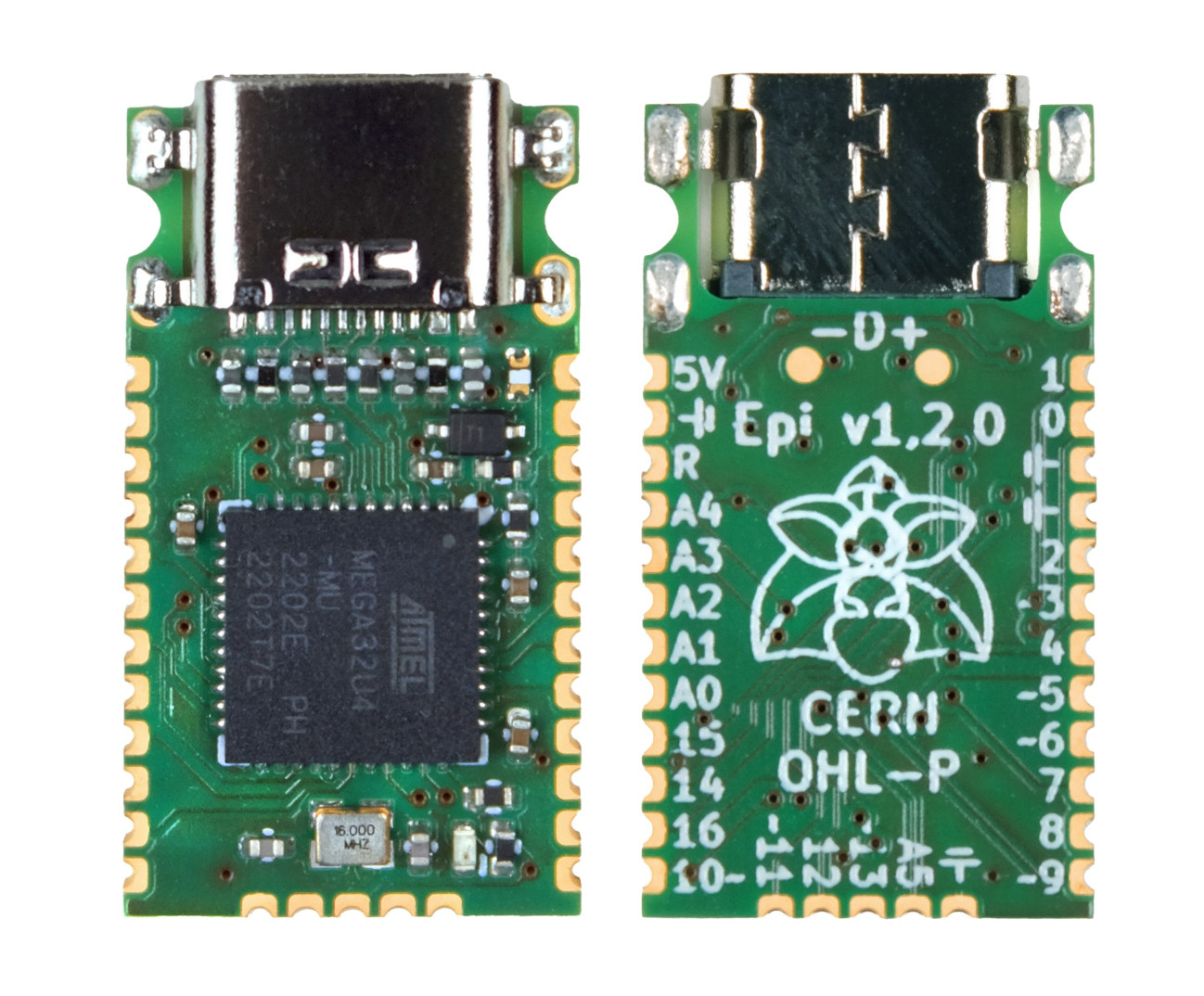We have previously covered the Tillitis Tkey, an open-source security key in a USB-C case but the Ovrdrive USB stick is not a security key. It is a simple, plain USB flash drive with a special security feature. It will appear completely blank unless you plug this drive in three times in quick succession. The Ovrdrive flash drive is aimed at journalists in repressive areas and security researchers but may be useful to other security and open-source hardware enthusiasts. As for how it works, the Ovrdrive has two identical circuits connected to the ATtiny24A microcontroller that controls the rapid plug-in functionality. When the flash is plugged in, the microcontroller powers on, and the CHG1 node goes high, charging C3 through D2. The pin will remain high for a while and then slowly discharge via R1 and body resistance. C3 and the identical C14 will remain high through power cycling/a quick […]
CERBERUS 2100 is a BASIC-programmable educational board with Z80 and 6502 8-bit CPUs
Olimex has just announced the launch of the CERBERUS 2100 open-source hardware, educational, multi-processor 8-bit computer with both Z80 and 6502 CPUs, as well as a Microchip AVR processor serving as an I/O controller. The CERBERUS 2100 features several CPLD and is fully programmable from the lowest level (individual gates and flip-flops) up to BASIC interpreters running on the Z80 and 6502 CPUs. Olimex did not design this themselves as the hardware design is from Bernardo Kastrup (aka TheByteAttic), while BASIC interpreters were written by Alexander Sharikhin (6502) and Dean Belfield (Z80). CERBERUS 2100 specifications: Processors Zilog Z80 8-bit microprocessor at 4 or 8 MHz (user selectable) Western Design Center W65C02S 8-bit microprocessor at 4 or 8 MHz (user selectable) “FAT-CAT” (Custom ATmega328pb) Microchip 8-bit AVR ATMega328PB microcontroller at 16 MHz CPLDs (ATF1508AS-7AX100) FAT-SCUNK (Scan CoUNter and clocK) and FAT-CAVIA (ChAracter Video Adapter) for video circuit connected to a 25.175 […]
Arduino IDE 2.3 released with the Debug feature now considered stable
Arduino IDE 2.3 has just been released with a range of bug fixes and improvements, but the main change is that the debug feature is not experimental anymore and is now considered stable. Bug fixes include addressing CVE-2023-4863 security flaw (See GitHub for related commits) and based on the wording used in the announcement it looks to be the only one… So the main news is that the Debug feature is now fully incorporated into the IDE. But what is it exactly? The new documentation website explains that Arduino CLI 0.9.0 and Arduino IDE 2.x support “sketch debugging” with openocd server. Arduino also explains it’s currently supported by Arduino boards based on the Mbed core including GIGA R1 WiFi, Portenta H7, Opta, Nano BLE, and Nano RP2040 Connect, and Renesas-based boards such as UNO R4 and Portenta C33 will get support very soon. The company also says they are working […]
SunFounder GalaxyRVR review – An Arduino programmable Mars Rover-like robot for education
SunFounder sent us a GalaxyRVR 6-wheel robot for review. It looks like NASA’s Mars Rover robots but targets the education market with an Arduino UNO R3 compatible board and an ESP32-CAM board for WiFi connectivity and video capture. The GalaxyRVR robot kit can transmit video signals over WiFi to explore planet Earth with your mobile device or tablet and the camera can be adjusted up and down thanks to a servo motor. The robot gets its power from a solar panel coupled with a battery and features sensors such as obstacle avoidance and ultrasonic modules. NASA’s Mars Rover exploration robots NASA is currently using the Perseverance rover, also known as Percy, as the latest planetary exploration robot to land on Mars. It is designed to explore the Jezero Crater as part of NASA’s Mars 2020 mission. In addition to its scientific instruments, Perseverance also carries Ingenuity, a small experimental Martian […]
Mini review of GGtag e-paper display programmable through sound or USB serial
GGtag is a 3.52-inch e-paper display based on the Raspberry Pi RP2040 microcontroller and programmable through sound or USB serial from your web browser, plus it also supports emulation of 125 kHz RFID tags (ASK and FSK). When Radoslav Gerganov contacted me about the upcoming Crowd Supply campaign for the GGtag e-paper badge, I happened to have just discussed using an e-paper display to sell some samples on Facebook Groups where requirements include using the seller’s name and date in the photos. So I asked for a sample if any were available, and I just received it today… GGTag specifications: MCUs Raspberry Pi RP2040 dual-core Cortex-M0+ microcontroller @ 133 MHz with 264KB SRAM Microchip ATtiny85 8-bit AVR microcontroller (used for RFID) Storage – 2 MB flash Display – 3.52-inc e-paper display with USB – 1x USB Type-C port for power and serial programming Sensor – PDM digital microphone for data-over-sound […]
SunFounder Zeus Car Kit review – A fun toy and Arduino learning tool
SunFounder Zeus Car Kit is an Arduino UNO and ESP32 Cam-based educational kit for children (and adults) that can be used to learn more about electronics, robotics, and programming. It’s a car comprised of four 6cm Mecanum wheels for omnidirectional motion and various sensors that can be controlled with an Android app enabling first-person view (FPV) thanks to the built-in camera. The company sent us a Zeus Car Kit for review and evaluation, and after assembly, we’ll use it in “Play Mode”, or in other words a toy that basically works out of the box, before checking out the “Programing Mode” and related Arduino tutorials to evaluate it’s educational potential. Zeus Car Kit Unboxing The kit comes in a nice retail package which highlights some of the capacities of the kit: FPV, Omnidrive, AI vision, compass, IR control, APP control, and RGB lights. The package itself contains four more boxes […]
Diabolic Drive is a penetration testing USB key with 64GB storage, ESP8266 and ATmega32U4 microcontrollers
Diabolic Drive may look like a 64GB USB flash drive and show as such when you insert it into your computer, but it’s actually a wireless keystroke injection tool with a Microchip ATmega32U4 8-bit AVR microcontroller and an Espressif Systems ESP8266 WiFi SoC. Egypt-based UNIT 72784 says their cyber security tool enables Red Teaming – the practice of rigorously identifying an attack path to breach a device’s security – as it behaves like a flash drive while being able to deploy keyboard strokes wirelessly through the ESP8266 WiFi MCU. Diabolic Drive specifications: MCUs Microchip ATmega32U4 microcontroller @ 16 MHz (5V) acting as a Serial Bridge Espressif Systems ESP8266EX microcontroller @ 160 MHZ (3.3V) with WiFi 4 support ATmega32U4 and ESP8266 are connected via Serial and I2C protocols thanks to an LDO regulator. Storage 64 GB flash storage up to 20MB/s read, 10MB/s write 4MB W25Q32 SPI flash memory o Antenna […]
Epi 32U4 – An Arduino-compatible USB-C development board with ATmega32U4 MCU (Crowdfunding)
Epi 32U4 is a tiny Arduino-compatible development board based on a Microchip ATmega32U4 8-bit AVR microcontroller with just a USB-Type-C port and 23 I/O pins accessible through castellated holes that can be soldered to headers or another PCB. The board also includes some protection such as a fuse, ESD protection, a ferrite bead, and a low-pass filter for the analog reference voltage. Ping Hobbyelektronik, the developer, says it’s especially useful for compact USB keyboards, but it also has more I/O ports than a standard Pro Micro board, so it’s appropriate for a range of other projects as well. Epi 32U4 board specifications: MCU – Microchip ATmega32U4 8-bit AVR microcontroller @ 8MHz or 16 MHz with 32 KB flash, 2.5 KB SRAM, 1 KB EEPROM USB 1x USB Type-C port for power and programming USB D+ and D- lines are broken out ESD and surge protection on USB data lines and […]


